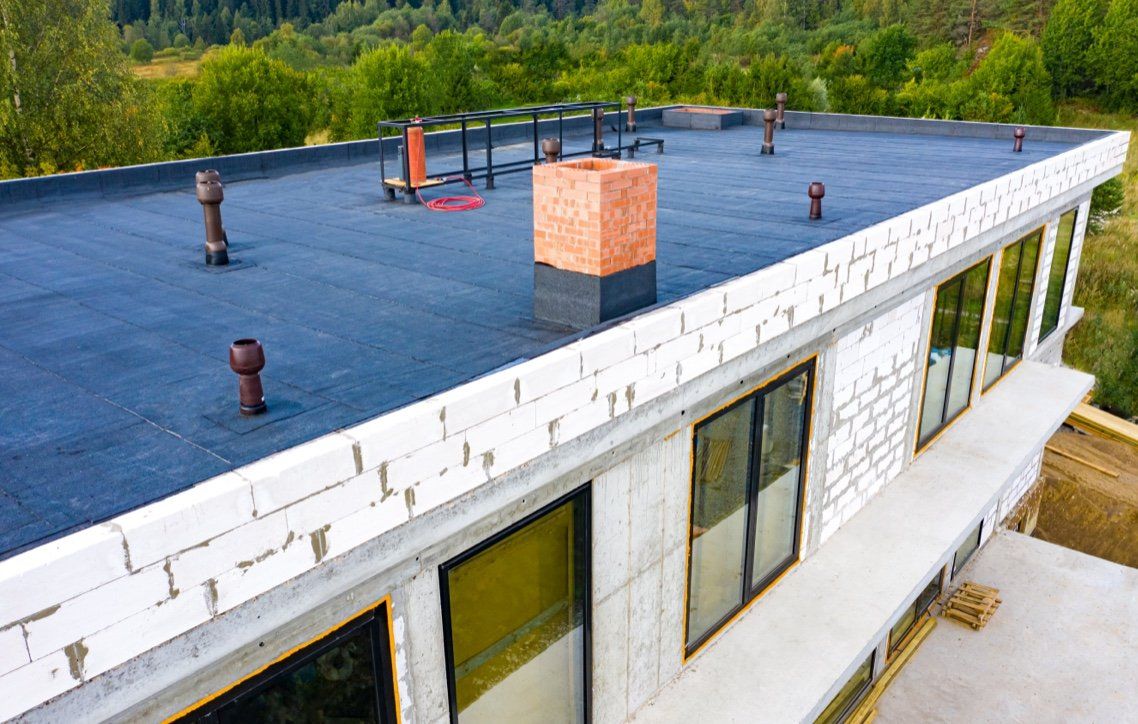Roof insulation is an often-overlooked component of your home’s energy efficiency. Let’s explore how proper insulation can boost roof performance, reduce energy costs, and increase comfort in your home.
How Insulation Improves Roof Performance
Insulation plays a critical role in your roof’s effectiveness by preventing heat loss in the winter and keeping cool air inside during the summer. A well-insulated roof helps regulate your home’s temperature, keeping it more comfortable year-round.
How Insulation Affects Heating and Cooling Costs
Proper insulation reduces the workload on your HVAC system, keeping energy bills lower. Upgrading your roof’s insulation can reduce heating and cooling costs while also decreasing your environmental impact.
How to Upgrade Your Roof Insulation Effectively
- Choose the Right R-Value: The higher the R-value, the better the insulation's performance. Choose the right R-value for your climate zone.
- Use Reflective Insulation: In warmer climates, reflective insulation helps reduce heat absorption, enhancing energy efficiency.
- Seal Air Leaks: Ensure that air leaks around vents, skylights, and chimneys are sealed to prevent warm or cool air from escaping.
- Don’t Forget the Attic: Since heat rises, ensure your attic is properly insulated to prevent heat from escaping through the roof.

How Weathercraft Ensures Maximum Roof Insulation Efficiency
At Weathercraft, we recommend using high-quality, eco-friendly insulation materials that provide long-lasting performance. Our experts will assess your home’s specific needs and recommend the best insulation solutions to maximize energy efficiency while staying within your budget.